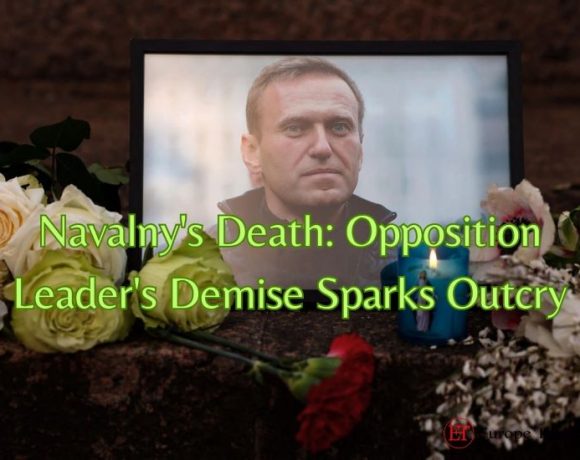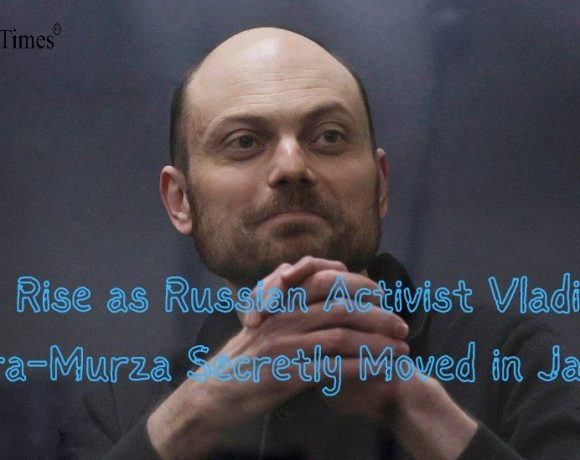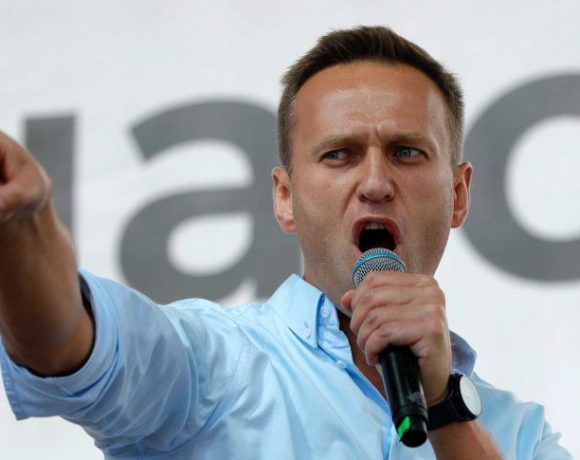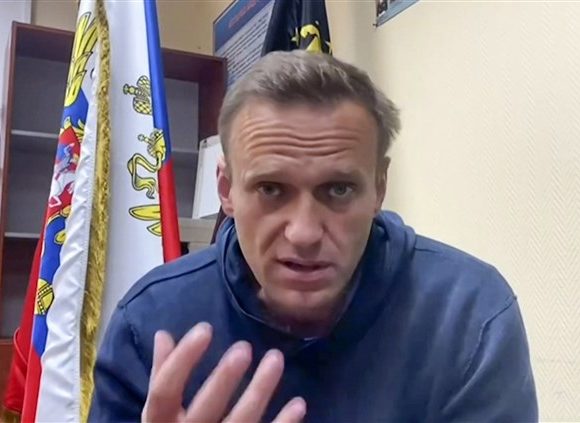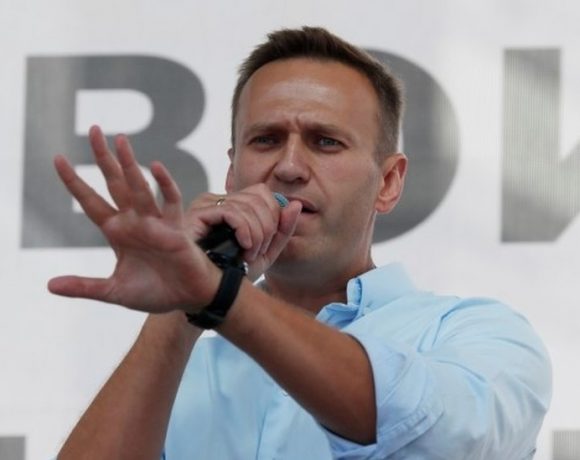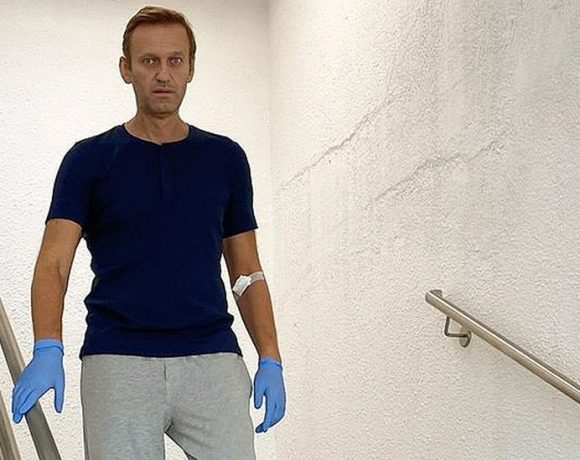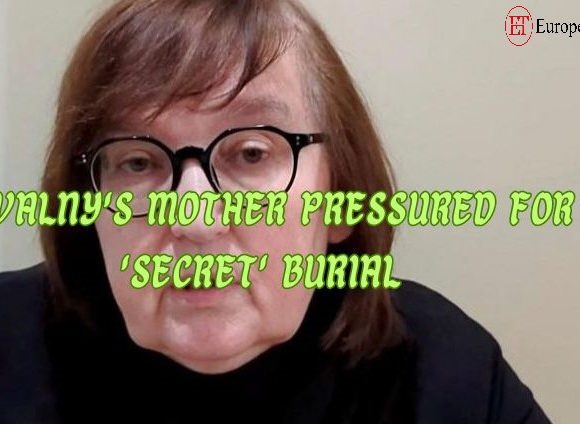
Lyudmila Navalnaya, the mother of Alexei Navalny, stated in a video that she was shown her son’s body by Russian authorities, but they are pressuring her to agree to a “secret” burial. She reported signing a death certificate at a morgue. Navalny’s press secretary mentioned a medical report indicating natural causes, while his widow believes he was killed by Russian authorities. Navalnaya expressed frustration at officials refusing to hand over her son’s body and alleged blackmail, stating that they are dictating conditions for the burial. She demanded the return of Navalny’s body and claimed threats from authorities.
Navalnaya met with US President Joe Biden along with Navalny’s widow and daughter in San Francisco. Biden praised Navalny’s courage and anti-corruption efforts, announcing forthcoming sanctions on Russia. Navalny died in a penal colony on February 16, purportedly after falling ill during a walk, though his widow accuses Putin of ordering his killing. The Kremlin denies involvement, dismissing Western reactions as “hysterical.”
Analysts suggest that showing Navalnaya the body aims to negotiate a non-politicized funeral. Navalny was previously poisoned with Novichok in 2020, survived after treatment in Germany, then imprisoned upon returning to Russia in 2021. Russian authorities have aggressively cracked down on attempts to commemorate Navalny’s death, detaining hundreds and removing makeshift memorials.
Picture Courtesy: Google/images are subject to copyright



